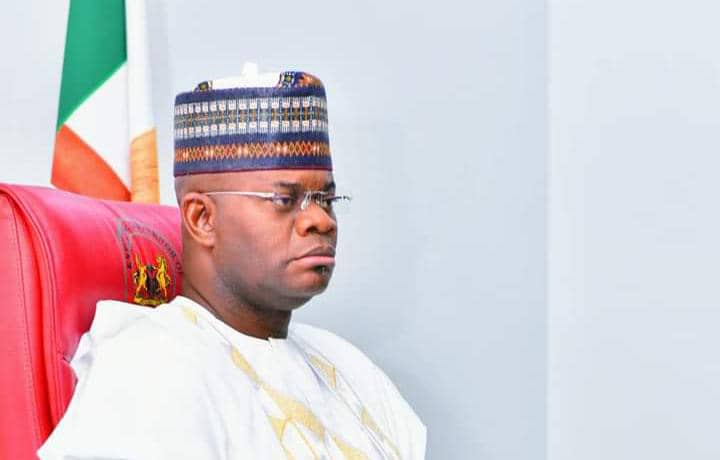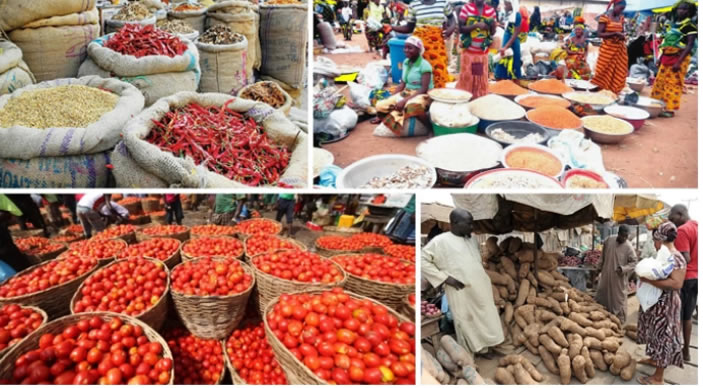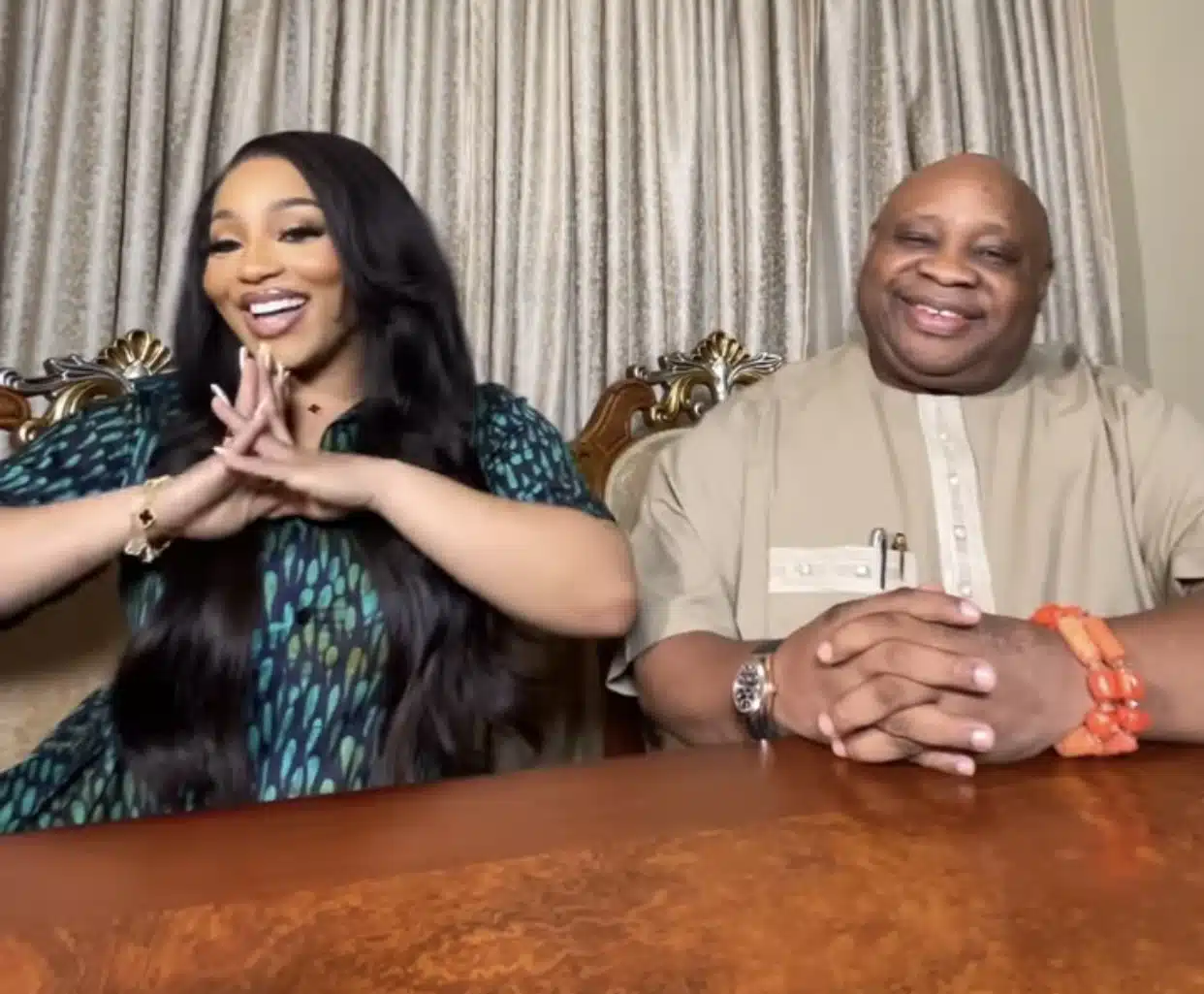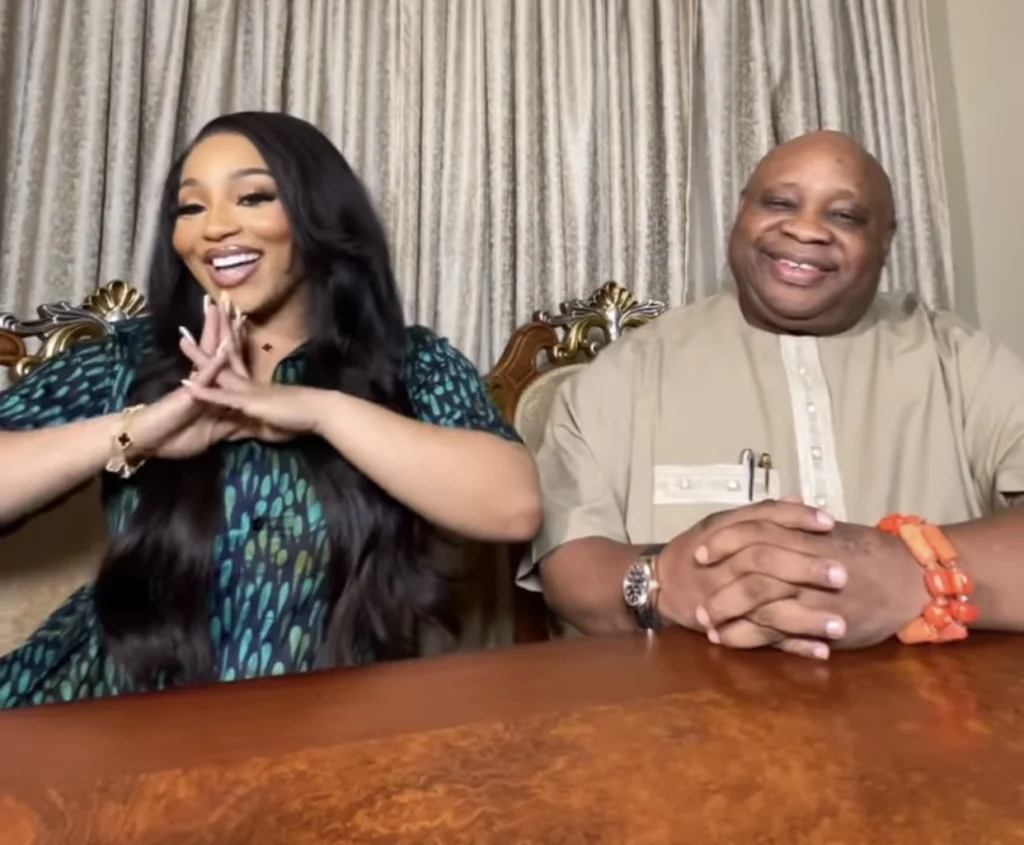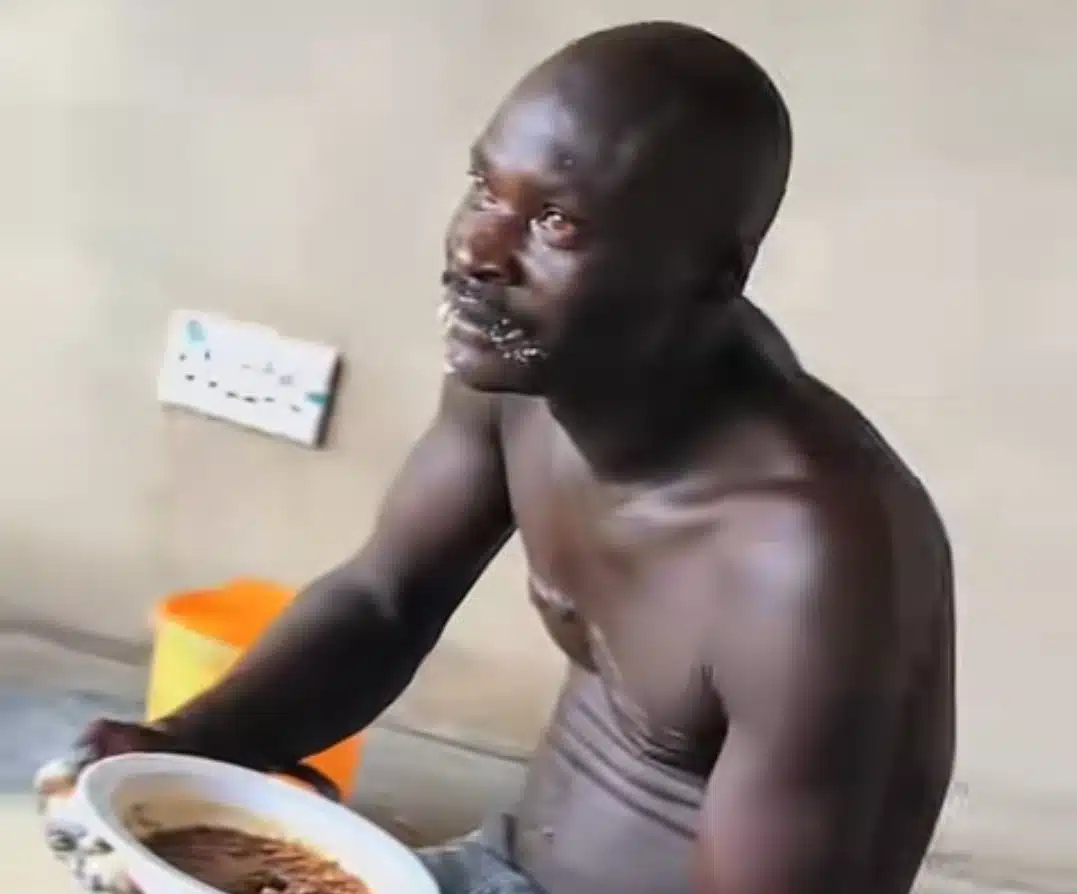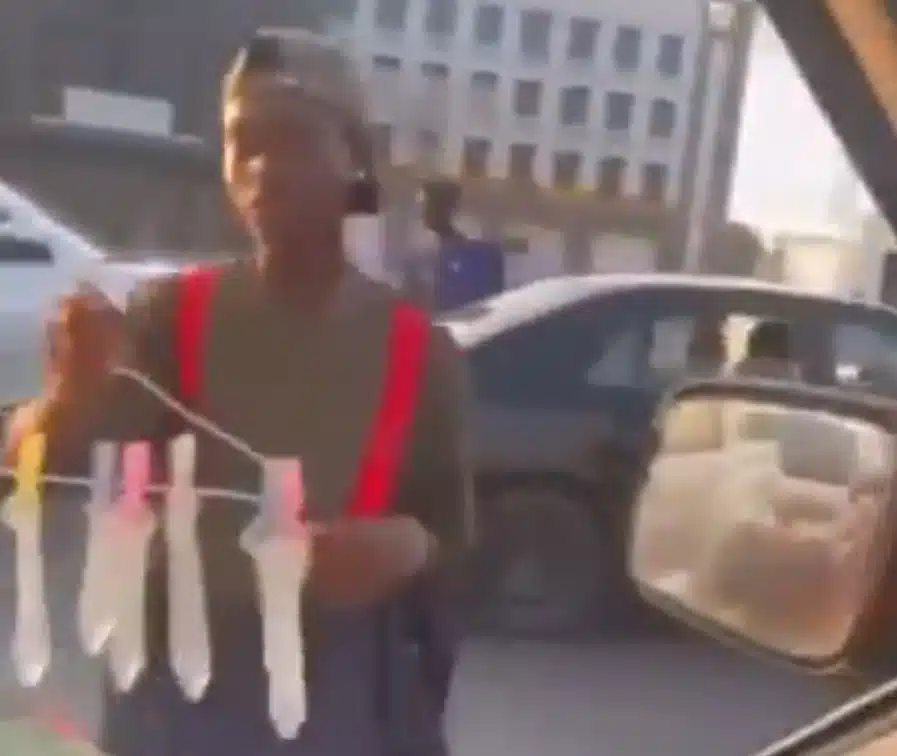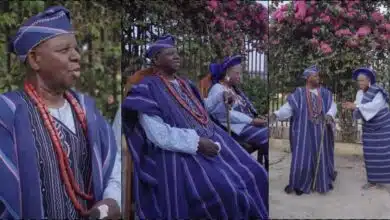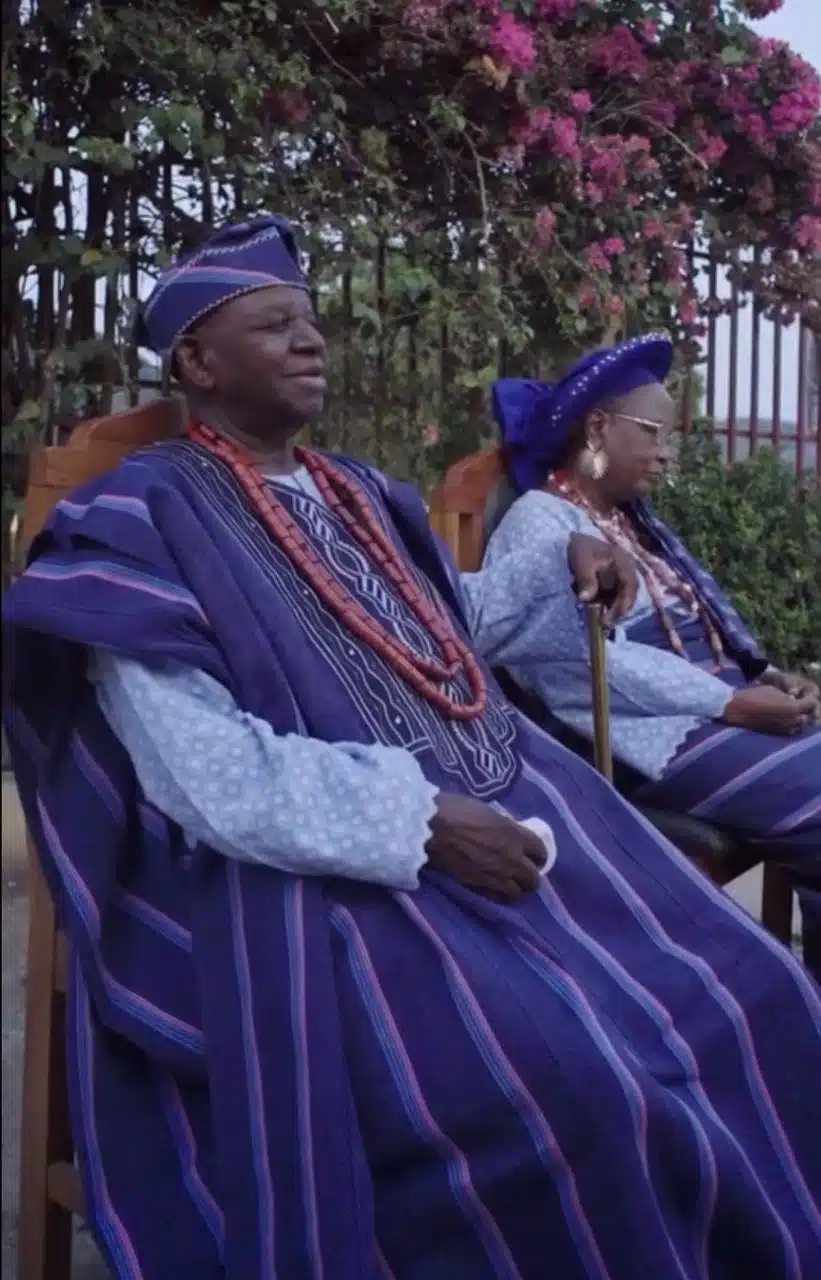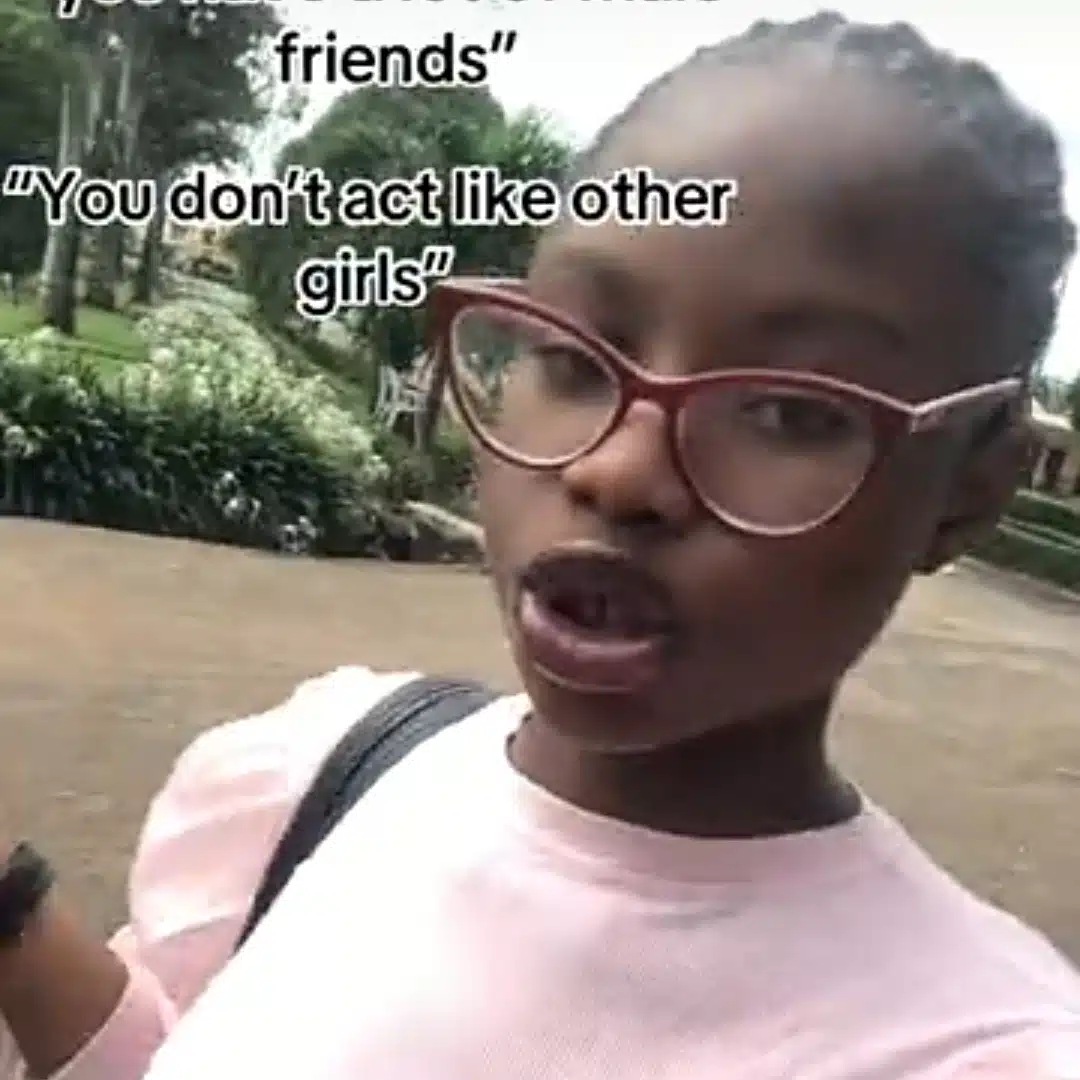As Nigerian workers await the new minimum wage as promised by President Bola Tinubu in his Democracy Day broadcast, ‘LAOLU AFOLABI takes a look at Nigeria’s journey towards economic stability and prosperity, which hinges on policies that address inflation, boost production, and ensure equitable wage distribution.
President Bola Tinubu, on Wednesday, announced that he would soon send an executive bill to the National Assembly to enshrine what has been agreed upon as the new national minimum wage for Nigerian workers.
The announcement by the President in his Democracy Day speech confirmed the report that the Tripartite Committee set up by the Federal Government to decide the new national minimum wage for the next five years had submitted the draft to the President, through the Office of the Secretary to the Government of the Federation.
To arrive at a consensus was an arduous task for the committee, considering the grandstanding of the Organised Labour and the insistence of the Organised Private Sector, the Nigeria Governors’ Forum and other stakeholders on a sustainable wage. The OPS on Friday, June 7, agreed with the Federal Government’s team on N62,000 minimum wage, the NGF insisted that even N60,000 was unsustainable while the labour unions dropped their demand from N494,000 to N250,000 as a living wage.
By definition, minimum wages are the minimum amount of remuneration that an employer is required to pay wage earners for the work performed during a given period, which cannot be reduced by collective agreement or an individual contract. The wages exist in more than 90 per cent of the International Labour Organisation member states and the Minimum Wage Fixing Convention 1970 (No. 131) of the ILO called for coverage of “all groups of wage earners, whose terms of employment are such that coverage would be appropriate.” The principle of full consultation with social partners lies at the heart of this convention.
In the 1999 Constitution (as amended) of the Federal Republic of Nigeria, fixing the national minimum wage is an item in its Exclusive list, which means, the minimum wage can only be legislated upon by the National Assembly and passed to the Executive for assent. Once signed by the President, it becomes binding on states and other employers.
Every civilian administration in the country, save the late President Umaru Yar’Adua, increased the minimum wage during the tenure. The first minimum wage in Nigeria, signed into law in 1981 by the late President Shehu Shagari, was N125. In 2000, the minimum wage was increased to N5,500 and N7,500 for state and federal workers respectively by ex-President Olusegun Obasanjo. Yar’Adua set up a tripartite committee headed by former Chief Justice of Nigeria, Alfa Belgore. The committee recommended N18,000, which was eventually signed into law in 2011 by ex-President Goodluck Jonathan. Buhari, in 2019, raised the stake to N30,000 and the lot has now fallen on Tinubu.
On January 30, 2024, Tinubu, represented by Vice President Kashim Shettima, inaugurated the 37-member tripartite committee, which was tasked with the responsibility of recommending a new national minimum wage for Nigerian workers in the public and private sectors, following the complaints that the current minimum wage of ₦30,000, which was signed into law on April 18, 2019 by ex-President Muhammadu Buhari, can no longer cater to the well-being of an average Nigerian worker.
Shortly after the committee was established, the labour unions embarked on an ambitious pursuit. The Nigeria Labour Congress and the Trade Union Congress of Nigeria jointly held regional delegate meetings with organised labour, presenting figures in anticipation of achieving a living wage. In their different proposals, the South-West NLC recommended N794,000, while the TUC mentioned N447,000; the North-Central zone demanded N709,000; South-South, N850,000; North-West, N485,000, while the South-East demanded N540,000 minimum wage. The Organised Labour would later propose N615,000 as the living wage.
In mid-2022, approximately 720,000 federal public servants in Nigeria earned their salaries. If each earned the proposed N615,000, the Federal Government would need to allocate N5.3tn annually, consuming about 20 per cent of the national budget for just 0.3 per cent of the population. Even the TUC President, Festus Osifo, acknowledged the infeasibility of such a high wage, admitting that both parties understood N494,000 was also unaffordable.
There was no difference in the approach by the labour unions and the governments this time and what happened before the government finally settled for N30,000 as minimum wage in 2019. The NLC had pushed for N56,000 in 2016 and N65,500 in 2018. By January 2019, the National Council of State approved the sum of N27,000 as the minimum wage. The state governors, through the NGF, expressed inability to pay the N30,000 except states would be bankrupt and, instead, they offered to pay N22,500, after a long and extensive deliberations. On April 18, 2019, ex-President Buhari signed the N30,000 minimum wage into law
After the 2019 minimum wage, the next review of the five-year enactment is in 2024, However, the parameters that demanded the review had gone out of the reach of the present administration. A position paper presented to the NGF and sighted by The PUNCH showed Nigeria’s economic trajectory over the past few years marked by significant fluctuations and challenges. The 2016 recession was the country’s most severe economic downturn since 1987. From 2017 to 2019, Nigeria experienced modest economic growth, which was abruptly halted by the onset of the COVID-19 pandemic in 2020. The economy rebounded in 2021 with a growth rate of 3.6 per cent, but this recovery was short-lived as growth declined to 3.3 per cent in 2022 and further to 2.7 per cent in 2023.
The Federal Government’s decision to eliminate fuel subsidies and implement a managed exchange rate float aimed at achieving economic stability inadvertently led to a cost-of-living crisis. The general price level of goods and services increased, decreasing purchasing power and increasing poverty levels. Headline inflation surged from 22.4 per cent in May 2023 to 28.9 per cent in December 2023. During the period, the price of Premium Motor Spirit rose from about N198/litre to N626/litre, and the naira devalued from N461/$1 to NGN1,493/$1. These adverse effects prompted mid-year budget amendments by state governments, reallocating resources for palliative measures and adjusting capital expenditure appropriations to accommodate variations in critical infrastructure projects.
The paper analysed that though the removal of subsidies and the managed float of the naira led to an increase in nominal Federation Account Allocation Committee revenues, the increase coincided with a surge in headline inflation, which diminished the real value of the additional revenues. The net deductions from FAAC increased marginally, from N1.39tn in the first half of 2023 to N1.52tn in the second half, indicating that the real-term value of revenues shrank due to inflation. The subsidy removal and exchange rate float only led to an additional nominal revenue of N231.7bn from FAAC in the second half of 2023, compared to the first half. This excludes foregone revenue through a debt swap agreement with the Federal Government and monthly savings directed to the Infrastructure Fund set up in June 2023.
The governors said between 2018 and 2022, financial statements revealed an average recurrent revenue growth rate of nine per cent, compared to a relatively lower average personnel cost growth rate of six per cent. Despite the revenue growth surpassing personnel-related cost increases, many states have not implemented the 2019 minimum wage. The three per cent difference between the average revenue growth rate and average personnel cost growth rate means that any significant revenue shock or notable rise in personnel costs could pose financial challenges for state governments.
The paper, looking into the viability of the state governments in the payment of the recommended N62,000 minimum wage, said wage increases result in higher salaries, wages, allowances, social contributions, and benefits, contributing to the total personnel costs. From 2018 to 2022, personnel costs steadily increased, rising from approximately N1.4tn in 2018 to about N1.8tn in 2022. Meanwhile, the total recurrent revenue (FAAC + IGR) averaged around N4.6tn within the same period, reaching N6tn in 2022.
In 2019, most states faced constrained fiscal space, preventing the implementation of the current minimum wage. During the COVID-19 pandemic in 2020, personnel expenditure substantially increased as a percentage of total recurrent revenue, averaging around 34 per cent and peaking at 41 per cent. This surge correlated with government palliative measures to alleviate the pandemic’s effects. Similar fiscal pressures are expected as states continue implementing policies to address the cost-of-living crisis by extending subsidies, investing in Compressed Natural Gas infrastructure, supporting food security, and providing tax incentives to ease the cost of doing business.
The governors said the value of additional revenues had shrunk due to the surge in inflation, restricting state governments’ response options to the current socioeconomic crisis. Therefore, they asked that any wage increase approach should align minimum wage adjustments with economic realities at the subnational level, prioritising the fiscal sustainability of states.
The position of the governors was corroborated by the former Governor of the Central Bank of Nigeria and Anambra State Governor, Chukwuma Soludo, at The Platform Nigeria, on Wednesday. The governor warned that not all state governments and the OPS can pay the N62,000 being proposed by the Federal Government and the N250,000 by the Organised Labour. He warned that an unsustainable wage might lead to job losses and spiral economic challenges in the country.
The Zamfara State Governor, Dauda Lawal, revealed that until recently, some workers earned as little as N7,000, underscoring the complexities of implementing a national minimum wage. In an interview session on Channels TV, Lawal said he had just commenced the implementation of N30,000 minimum wage in his state, five years after it was signed into law by ex-President Buhari.
The same is also reported of many states in the federation who had, since the moment, not adopted the N30,000 minimum wage, as they complained of the paucity of funds. Some states in the South and a few others in the North could boast of financial wherewithal to pay a hefty wage for its workers.
But the stance by the governors, as analysed in the position paper, was different from the steps taken by the Edo State governor, Godwin Obaseki, who, on April 29, long before the final draft of the report on the national minimum wage, had increased the minimum wage in the state to N70,000. Speaking on why he did so, Obaseki said, “The N70,000 minimum wage is within what we can afford as a State Government. However, should the Federal Government decide on a higher minimum wage and make the funds available to states from the savings which have been made from fuel subsidy, the Edo State Government will adjust its minimum wage to that of the Federal Government.”
Apart from the governors, some economic experts have also warned that without corresponding economic growth, the wage hike would exacerbate inflation, leading to higher prices and diminished purchasing power. They argued that the government, by increasing wages, might feel justified in neglecting deeper economic issues. Analysts pointed out that the real solutions lay in GDP growth, not merely raising wages. They emphasised that printing more money or increasing debt to fund wage hikes would only worsen inflation, leading to job losses and further economic instability.
As Nigerians grappled with the minimum wage proposals, the cost of living surged. Transport fares skyrocketed, with intercity bus journeys increasing by 78.31 per cent, while the price of essential commodities like yam and tomatoes soared by 400 per cent and 275 per cent, respectively. Under Tinubu’s first year, the exchange rate saw a staggering increase of 199.61 per cent, and interest rates climbed from 18.5 per cent to 26.25 per cent.
Many feared that raising the minimum wage without addressing inflation would merely perpetuate the cycle of hardship. As petrol prices, interest rates, and food costs continued to rise, the private sector and state governments, already strained, could not match the proposed wages.
Amidst these economic trials, a call for a balanced approach emerged. Many believed the Federal Government should propose a more realistic minimum wage, like N75,000, adjustable for inflation every two years, ensuring that the burden of economic adjustments did not fall solely on the workers.
As the nation navigated these turbulent times, the pressing questions remained: Who truly drives the economy, the NLC or the private sector? What impact would a new minimum wage have on living standards and the cost of goods and services? And most crucially, would a new wage halt the relentless tide of inflation?
In the end, Nigeria’s path to economic stability and prosperity depended on comprehensive policies addressing inflation, production, and equitable wage distribution. The story of FAAC and the wage debate highlighted the intricate dance between economic theory and the realities of millions of Nigerians.
